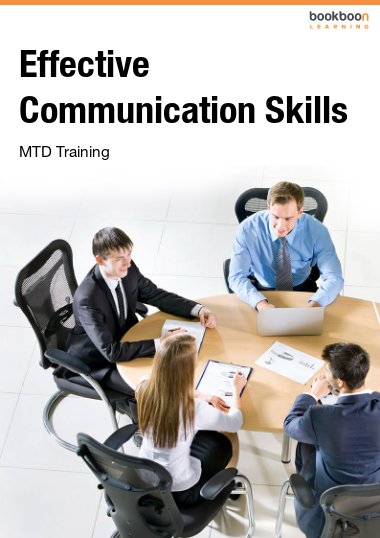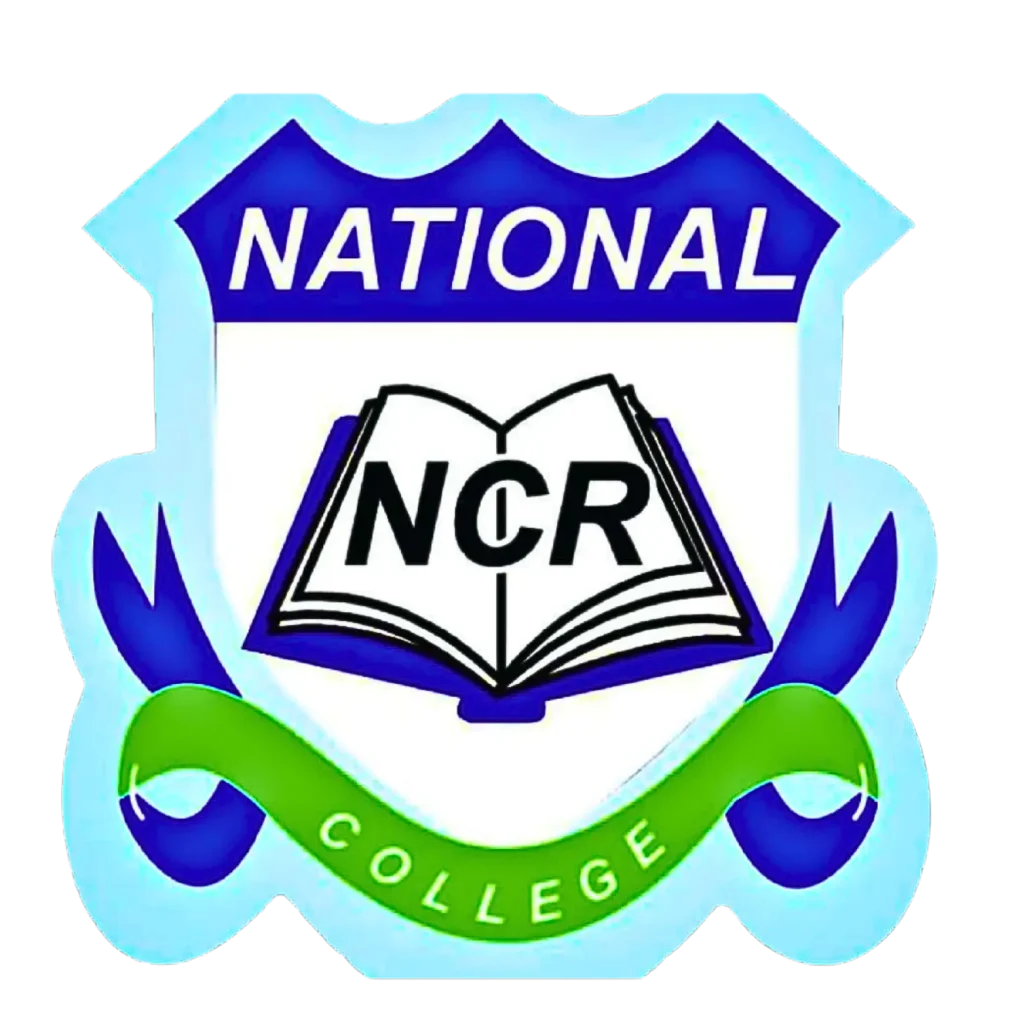What is skills
is the ability to perform a task effectively, often acquired through training, experience, or practice. It encompasses both natural talents and learned proficiencies. For instance, Merriam-Webster defines skill as “the ability to use one’s knowledge effectively and readily in execution or performance” . Similarly, the Cambridge Dictionary describes it as “an ability to do an activity or job well, especially because you have practised it”
🧠 Types of Skills
Skills can be categorized into various types:
1. Hard Skills
These are measurable and teachable abilities, such as:
Programming languages
Data analysis
Foreign language proficiency
Operating machinery

2. Soft Skills
These pertain to interpersonal and cognitive abilities, including:
- Communication
- Teamwork
- Problem-solving
- Adaptability
3. Transferable Skills
Skills applicable across various jobs and industries, such as:
- Time management
- Critical thinking
- Leadership
- Organization
4. Technical Skills
Specific to certain professions or tasks, for example:
- Graphic design
- Accounting
- Carpentry
- Medical procedures

🔧 Developing Skills
Acquiring and honing skills typically involves:
- Practice: Regularly engaging in the activity to improve proficiency.
- Education: Formal learning through courses or training programs.
- Experience: Gaining insights and expertise through real-world application.
- Feedback: Receiving constructive criticism to identify areas for improvement.
🌐 Importance of Skills
In today’s dynamic world, possessing a diverse set of skills is crucial for:
- Career advancement: Employers often seek individuals with a blend of hard and soft skills.
- Personal development: Skills contribute to self-confidence and independence.
- Adaptability: A varied skill set allows for flexibility in changing environments.
